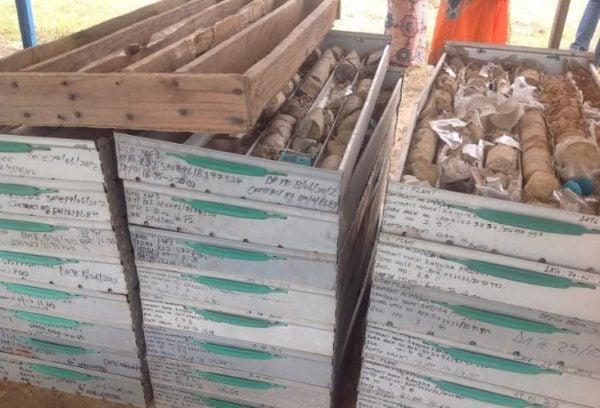Africa-Press – Malawi. Malawi has long exported its valuable minerals in raw form, losing millions in potential revenue every year. The government recently announced a ban on the export of raw minerals, saying the country must process its resources locally before they leave its borders. The decision aims to help Malawi keep more of its wealth but its success will depend on enforcement and support for small-scale miners.
The country holds rubies, sapphires, gold, rutile, and rare earth elements. In the past, these have been sold abroad with little local benefit. According to government estimates, processing minerals within Malawi could add up to $500 million to the economy each year.
The ban gives hope for more local jobs and stronger industries, yet serious challenges remain. Small-scale miners often work informally, and weak border control allows minerals to cross into neighboring countries without proper records. The Global Initiative Against Transnational Organized Crime reports that porous borders and unclear paperwork make it easy for smugglers to move stones and metals out of Malawi.
If enforcement is weak, the policy could push the trade underground instead of stopping it. Reports show that hidden smelting and illegal trading networks already exist. These problems call for better oversight, honest reporting, and community awareness.
To close loopholes, the Ministry of Mining has suspended new export licenses and started setting up domestic testing laboratories. Officials say the labs will reduce the need to send mineral samples abroad a process that has sometimes been used to disguise illegal exports.
Still, the ban could hurt small-scale miners in the short term if they cannot find local buyers. Experts urge government to guide miners on where and how to sell legally and to provide training on modern extraction and processing methods.
Similar bans in other African countries show mixed results. Without good enforcement, bans often create black markets. Middlemen step in to buy at low prices, smuggle minerals across borders, and profit from weak regulation.
Government leaders say Malawi must shift from selling raw minerals to building industries that add value at home. If the policy is fully enforced, it could mark a turning point for the mining sector—creating jobs, boosting exports, and increasing national income. But if accountability and transparency fail, the ban could lose its purpose and the country could again watch its wealth slip away.
It is not yet clear whether the ban is directed to protect national wealth or is a political mirage to gain momentum to kick start governing new era of leadership.
Malawians are still waiting to see economy back on track, food inflation reduce and transpirancy government in managing the national affairs.
For More News And Analysis About Malawi Follow Africa-Press






